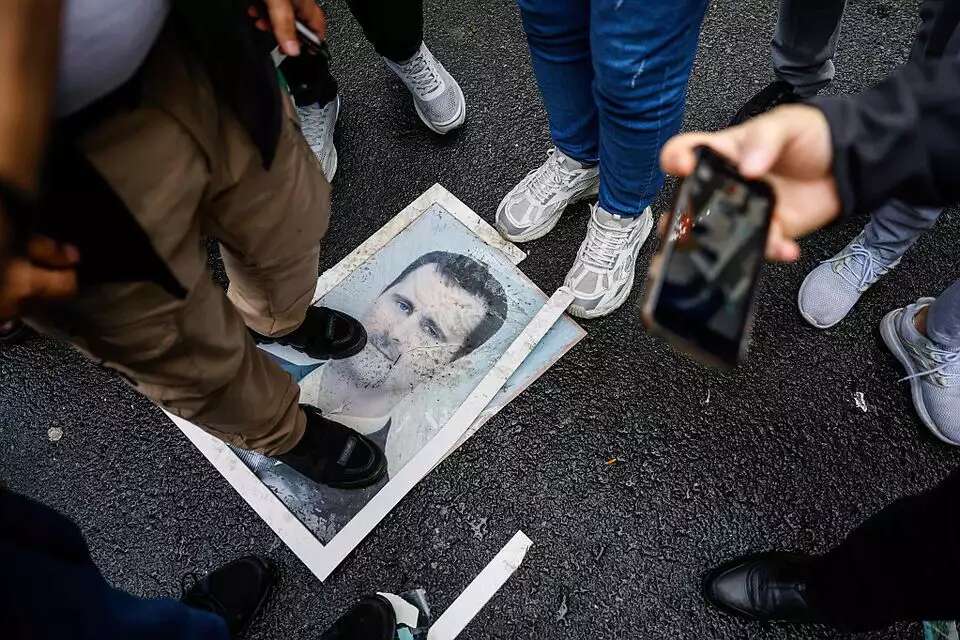The trial, particularly Netanyahu's testimony, should not proceed at this time—not three days a week, not two days, and not even one.
This straightforward notion is common sense. It borders on absurdity that while the "war of the seven fronts" is still ongoing (albeit in a brief lull) and a new Middle East is taking shape before our eyes, the Prime Minister is expected to split his attention, focus, energy, and mental readiness between deliberations over cigar boxes and champagne bottles—whether he legally received them or not—and high-stakes discussions with Israeli and American defense officials on decisive actions concerning Iran's nuclear threat.
The Bezeq-Walla and Netanyahu-Mozes cases can also wait. Rule of law will not suffer, nor will the principle of equality before the law. The public and national interest, in whose name the prosecution claims to act, actually demand a temporary suspension of this trial. Judges who understand the context of their society should grasp this reality.
A prosecution and Attorney General genuinely prioritizing the public good would set aside their pride, restrain their impulses, and proactively approach the court. They should explain to the judges that the current circumstances require a Prime Minister fully devoted to an extraordinary state of emergency—beyond Israel's usual baseline of heightened alert. This includes managing negotiations for the release of some hostages, which seem close to fruition, continuing operations in Lebanon that may not yet be resolved, addressing developments along the Syrian border, and holding intensive discussions with both the outgoing and incoming US administrations on critical matters affecting Israel's security, future, and wellbeing.

Instead, the prosecution and judiciary are compelling Netanyahu to dedicate his time to cases that are indisputably not critical—not to Israel's security and not to the "public interest," a term the prosecution frequently invokes. These cases pale in comparison to the long list of urgent issues currently on Israel's agenda, which are vital to the country's safety, future, and broader public interest.
The suggestion of declaring the Prime Minister incapacitated to allow the trial to continue unabated is undemocratic. Netanyahu was elected twice after the indictment was filed, with the public fully aware of the allegations against him.
In the long term, it might be worth reconsidering legal frameworks similar to the French model, under which Sarkozy was tried only after stepping down from the presidency, or the US approach, where legal proceedings against elected leaders—such as the ongoing cases involving former President Trump—are paused temporarily.
Even Netanyahu's critics, if not driven by blind hatred, should recognize that continuing his trial under current circumstances places an undue burden on Israeli society. This trial is not just a weight around Netanyahu's neck; it's a burden on the entire nation. Moreover, the judges have already dismissed the bribery charge against him. Justice—whether it vindicates him or finds him guilty—can wait. This legal saga, which has dragged on for over five years, is unlikely to reach a resolution anytime soon.
The trial of Benjamin Netanyahu is a divisive issue, but prioritizing it at a time of unprecedented challenges for Israel risks undermining the broader national interest. Israel's leadership must be unencumbered in addressing security, diplomatic, and societal needs that cannot afford delay. The trial should be postponed—for the good of the country.




